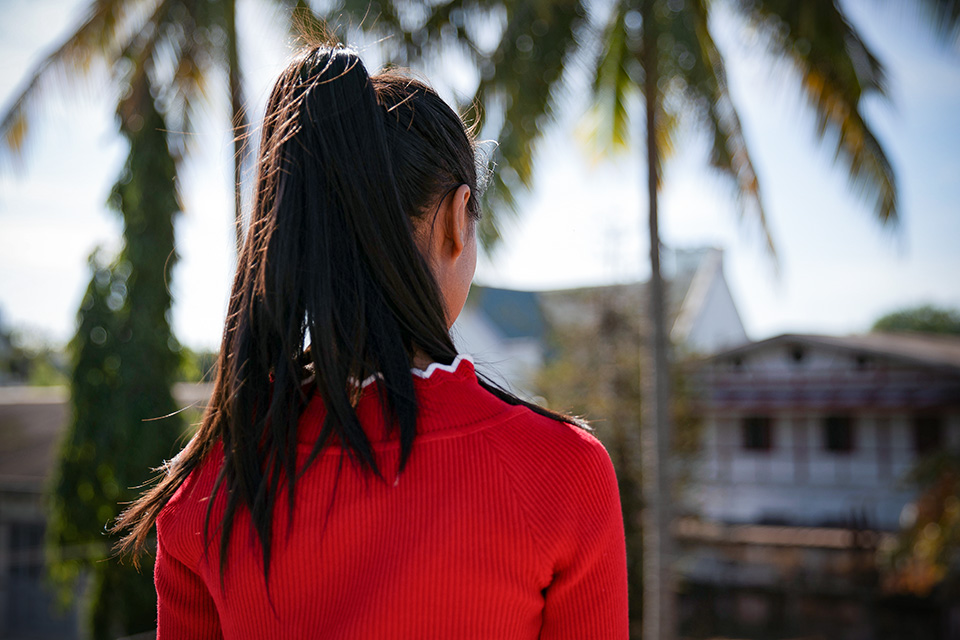Preventing and Mitigating the Impacts of Human Trafficking and Transnational Crimes

Women and girls are disproportionately impacted by human trafficking. Although data is lacking, estimates indicate that women and girls may constitute up to 80% of persons trafficked globally, with more than 60% of those trafficked coming from the Asia region. The issue of human trafficking does not stand alone, but intersects with the trafficking of drugs and arms, and the financial profits generated from cross-border crimes enrich transnational organized crime and provide funding for terrorist activities.
The same inequalities that underpin the crime of trafficking also prevent women and girls from accessing protection and assistance. Trafficked women may be unwilling to come forward to the police, due to a lack of gender sensitivity or knowledge from law enforcement agents. Many survivors are often turned away and urged to seek mediation or other forms of settlement. Access to justice is further impeded by discriminatory laws and regulations.
UN Women’s Approach
The engagement and empowerment of women can have a powerful effect in dismantling transnational criminal activity, further promoting progress in delivering the Sustainable Development Goals. Survivors of trafficking require protection, assistance and support, access to remedies, and safe return/re-integration into their communities with dignity and respect. Law enforcement agencies must be prepared and able to adequately provide survivors with support and to work in border communities to mitigate the impact of these crimes.
UN Women works at the grassroots level to raise awareness, promote sustainable economic alternatives, and provide linkages to services and paths to justice for women who have been or are at risk to human trafficking. We support women’s leadership and decision-making in policies and their enforcement, and work to ensure laws at the local and national level take into account the lives of women and girls. Finally, UN Women provides technical guidance and assistance to increase the capacity of front line officers to meet the needs of women.